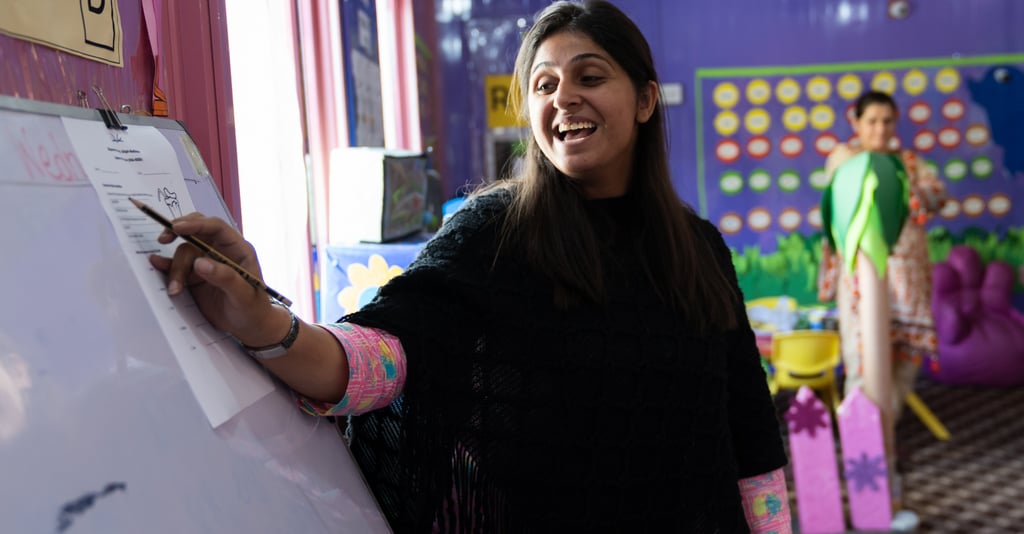Why supporting teacher leadership and innovation is critical for transforming the future of education
“To ensure a better future for the next generation, it is imperative that the world’s educators – and the powerful insights from the diverse classrooms that they bring – are placed at the heart of our global and local education reform efforts,” say Nafisa Khan and Andrew King, Global Co-Leads for Education at WeCare Foundation.
5/8/20241 min read


Many education systems, at local, national and global levels, often overlook teachers as potential innovators or leaders in learning, which is a significant oversight. Although providing teachers with lesson plans and assessment tools can be helpful, rigid curricular standards can limit their autonomy. It is essential to emphasise the flexibility and space that teachers need and deserve, allowing them to experiment, iterate and provide feedback on the effectiveness of these resources. Unfortunately, teachers are frequently instructed to use these materials without being asked for their opinions on what works, what doesn't and why. The absence of a feedback loop means we can’t take advantage of local and grassroot voices, which are vital for successful education reform. By incorporating these perspectives and feedback, we can better enable education reform efforts to achieve their desired outcomes.
After all, our children spend most of their time each day with their teachers. This is incredibly significant for what we, as a society, see as our collective investment for the future. Educators are not only responsible for their academic development, but they also play a critical role in helping learners develop creativity, empathy, respect for diversity and crucial social skills. In a world that seems to become more divided and uncertain each day, teachers are the members of our society who are tirelessly preparing our next generation to appreciate differences, become engaged citizens and “learn how to learn”, not just now, but throughout their lives.
With those closest to the action excluded from the conversation, it's no surprise that education reform has faced challenges. To create more effective education reform, policymakers and education stakeholders need to facilitate more meaningful and frequent dialogue with and by teachers. Any reform process should prioritise this collaboration as it’s not just about involving teachers in occasional meetings, but rather viewing educators as the co-pilots in transforming more inclusive education systems for all.
